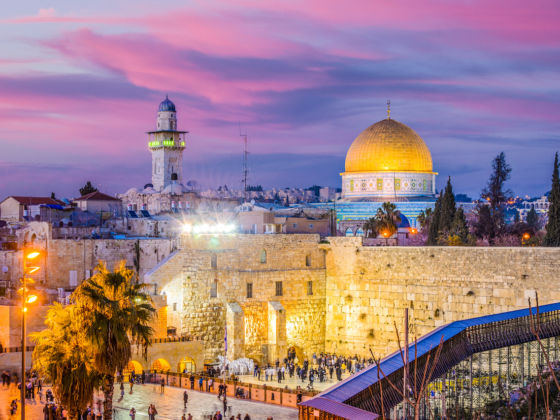WHEN PEOPLE ASK about my Israel trip, I have to choose my words carefully.
- I walked around deserted streets on Shabbat evenings, befriended stray cats, stared at huge jellyfish washed up on the shore.
- An Apache helicopter flew over a miniature Coca Cola factory.
- A 17 year old boy in a daishiki who slept on the beach because his father brought home nightly mistresses bluffed his way through an earnest cover of “Hallelujah.”
The usual travel vocabulary of micro-snapshots feels vapid and inadequate. The word “Israel” resonates with more political weight than I am comfortable with. It sends my anarchist friend on a rant about oppression and the injustice of settlements in Palestinian territories. It causes my aunt to swallow her civil dinner tone along with another gulp of wine and rail against Obama’s lack of support, or double standards in journalism. On both occasions, I nod politely, feeling guilty.
